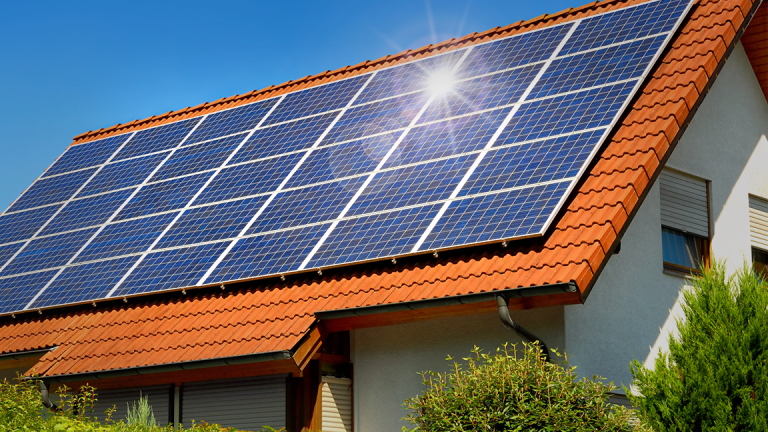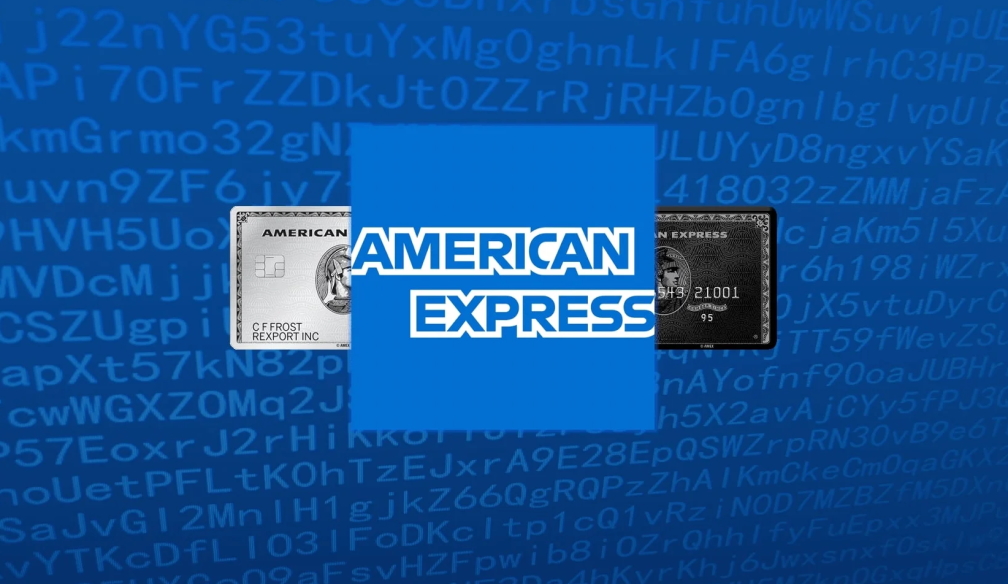How Reduce Your Small Businesses Energy Bills By Going Green
- Written by David Green

It goes without saying, no one likes paying energy bills. So when you run your own business, you know better than anyone that energy bills don’t get any smaller. The way we use electricity is constantly changing and our reliance on digital, power hungry devices increase, so do energy bills.
Solar is one of, if not the best way you can reduce your electricity bills, offset your carbon footprint, and get away from a heavy reliance on the grid and your energy retailers. If you choose a cheap electricity plan, you will have more control over your power bill and you will be able to spend your savings on something else.
Solar works by taking the sun's rays and converting them into clean, green electricity that your business can use to power all of your appliances. In Australia, we are incredibly lucky to have great weather with lots of sunshine so your energy generation will be some of the best in the world.
At a household level, Australia is a world leader in rooftop PV system installations with nearly one in every three homes having solar panels installed. However, it is time for businesses to catch up.
Solar saves you money in two keyways. Using the power, you generate and sending the excess back into the grid.
The number one way to save money though is the first option, consuming the power you generate. When you consider that for every kWh (kilowatt hour) of electricity you can use from your solar system it is a kWh that you don’t have to buy off an electricity company. It is that simple.
The other way you save is with a feed in tariff. These tariffs are actually credits that get applied to your bill for any power you send back into the grid. This happens when you during the day when the sun is shining you aren’t using as much electricity as you are generating. So, any surplus to your needs gets fed back into the grid for anyone else to use and you get paid for it!
These tariffs range in value and are a great benefit of having solar however maximising your consumption will still be the best way to maximise your savings.
Depending on your individual business usage and habits (how much you use, when you use it etc.) the payback period when you do your financial analysis will vary. It can be as quick as 2 - 3 years and go up from there.
Solar finance for businesses is very accessible. If you don’t want to spend capital on paying for the installation you can lease or finance your panels on what is commonly marketed as a “pay as you save” model. You may also come across PPA’s or power purchase agreements which can make sense in certain circumstances.
If you are concerned about putting in solar when you are on a lease and do not own your property, don’t be. Landlords are much more aware of solar and it’s benefits, and it is very common for businesses in leased promises to install solar. All you need to do is run the numbers, understand your payback period and capital costs, and make sure you are happy with the time frame.
Before you take the plunge, make sure you check what government support is currently available to install solar. There is the STC program running that is available for all small-scale solar installations under 100kw however new grants and incentives come up all the time. It is good to have a google and also check pages like the Australian Governments Energy site anything that might be available.
The best part is all of this energy you are generating is clean, green, environmentally friendly renewable. Once you have solar installed you can confidently know that you're helping make the switch to renewable energy and reducing the impact we are having on the environment.
The question is, if you do not have solar, why not?




